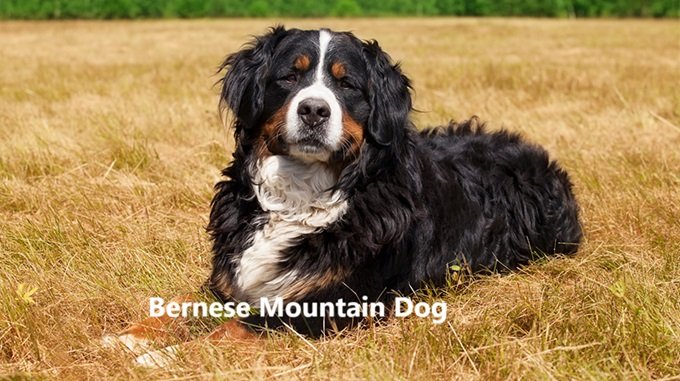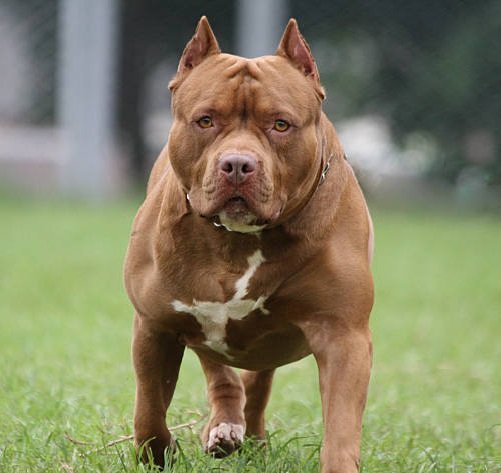The Bernese Mountain Dog, often called “Berners” by enthusiasts, is a majestic and affectionate breed that has captured the hearts of many across the United States. Known for their striking tri-colored coats, gentle demeanor, and remarkable work ethic, these dogs are as much companions as they are capable workers. Originating in Switzerland, the breed has become increasingly popular in the USA for families, outdoor enthusiasts, and even therapy work.
A Glimpse Into the Bernese Mountain Dog’s History
The Bernese Mountain Dog hails from the canton of Bern in Switzerland, where they were initially bred as versatile farm dogs. Their duties included pulling carts, herding livestock, and guarding properties. Over centuries, these dogs became invaluable to farmers for their strength, intelligence, and loyalty.
In the early 20th century, the breed caught the attention of dog enthusiasts outside Switzerland, and they were soon introduced to other parts of the world. By the 1930s, the Bernese Mountain Dog made its way to the USA, where it was officially recognized by the American Kennel Club (AKC) in 1937. Today, the breed is a cherished member of many American households.
Physical Characteristics of the Bernese Mountain Dog
One of the most defining features of the Bernese Mountain Dog is its striking appearance. These large dogs can weigh between 70 and 115 pounds, with males generally being larger than females. Their thick, tricolored coat features a combination of jet-black, white, and rust markings, making them easily recognizable.
The breed’s double coat is designed to withstand cold temperatures, which ties back to their Swiss heritage. However, this luxurious coat also means that Berners shed significantly, especially during seasonal transitions. Regular grooming is essential to keep their coat healthy and minimize shedding.
Their expressive, almond-shaped eyes radiate warmth and intelligence, and their sturdy build gives them an imposing yet approachable appearance. Despite their size, Bernese Mountain Dogs move with a graceful gait, reflecting their well-balanced structure.
Personality and Temperament: The Gentle Giants
Bernese Mountain Dogs are often described as “gentle giants.” Their calm and patient nature makes them ideal for families, even those with young children. These dogs are known for their deep bond with their human companions and are happiest when they are part of the family.
One of the breed’s standout traits is its adaptability. While they love outdoor activities and have the stamina for long hikes or cart-pulling, they are equally content lounging around the house with their owners. Berners are incredibly loyal and protective without being overly aggressive, making them excellent watchdogs.
However, their loving nature also means they thrive on human interaction. Bernese Mountain Dogs are not suited for long periods of isolation and can develop separation anxiety if left alone too often. Early socialization and consistent training are key to ensuring they grow into well-rounded and confident dogs.
Life in the USA: Why Berners Are a Popular Choice
In the United States, Bernese Mountain Dogs have found a niche as family pets, therapy animals, and working dogs. Their versatility and friendly demeanor make them a perfect match for various lifestyles.
- Family Companions
Families with children often gravitate toward Berners for their gentle and patient temperament. These dogs are incredibly tolerant and protective, making them ideal playmates and guardians for kids. - Outdoor Enthusiasts
The breed’s love for the outdoors aligns well with America’s active culture. Whether it’s hiking in the Rockies or camping in the Appalachians, Bernese Mountain Dogs make enthusiastic companions for nature lovers. - Therapy and Service Work
In recent years, Bernese Mountain Dogs have been increasingly utilized in therapy roles. Their calm demeanor and natural empathy make them effective in providing comfort and support to individuals in hospitals, schools, and elder care facilities. - Rural and Suburban Living
Given their size and energy levels, Berners thrive in homes with ample space. Suburban and rural areas with large yards are ideal for this breed, though they can adapt to city living if they get enough exercise.
Training and Exercise Needs
Training a Bernese Mountain Dog requires patience and consistency. While the breed is intelligent and eager to please, they can also be sensitive. Positive reinforcement techniques work best, as harsh training methods can lead to a fearful or uncooperative dog.
Socialization from an early age is crucial for Bernese Mountain Dogs. Introducing them to different environments, people, and other animals helps them develop confidence and adaptability.
In terms of exercise, Berners need a moderate amount to stay healthy and happy. Daily walks, play sessions, and occasional hikes are sufficient to keep them fit. While they are not as high-energy as some other working breeds, they do require regular activity to prevent boredom and weight gain.
Health Considerations
Like all breeds, Bernese Mountain Dogs have specific health concerns that owners should be aware of. Their lifespan, unfortunately, is relatively short, averaging between 7 to 10 years. This is primarily due to a predisposition to certain genetic conditions, including:
- Hip and Elbow Dysplasia: Common in large breeds, this condition affects joint health and mobility.
- Cancer: Bernese Mountain Dogs have one of the highest rates of cancer among dog breeds, with conditions like histiocytic sarcoma being particularly prevalent.
- Bloat (Gastric Torsion): This life-threatening condition requires immediate veterinary attention.
- Heart Issues: Conditions like dilated cardiomyopathy can affect the breed.
Regular veterinary check-ups, a balanced diet, and a healthy lifestyle can help mitigate some of these risks.
Caring for a Bernese Mountain Dog
Owning a Bernese Mountain Dog is a commitment that comes with significant responsibilities. Here are some tips to ensure your Berner leads a happy and fulfilling life:
- Grooming: Regular brushing is essential to manage shedding and keep their coat healthy. During shedding seasons, daily brushing may be required.
- Diet: A high-quality diet tailored to large breeds is crucial. Consult your vet for recommendations based on your dog’s age, weight, and activity level.
- Exercise: Ensure they get enough physical activity to maintain a healthy weight and mental stimulation.
- Veterinary Care: Schedule regular check-ups and stay up-to-date on vaccinations and preventive care.
Conclusion: The Bernese Mountain Dog in the USA
The Bernese Mountain Dog is more than just a pretty face. With their loving nature, impressive strength, and unwavering loyalty, they have rightfully earned their place as one of the most beloved breeds in the USA. While they require significant care and attention, the rewards of having a Berner as a companion are immeasurable.
Whether as a family pet, a therapy dog, or an adventurous hiking partner, the Bernese Mountain Dog continues to bring joy and comfort to countless households across America. For those willing to invest the time and love, this breed is a truly wonderful addition to any home.





